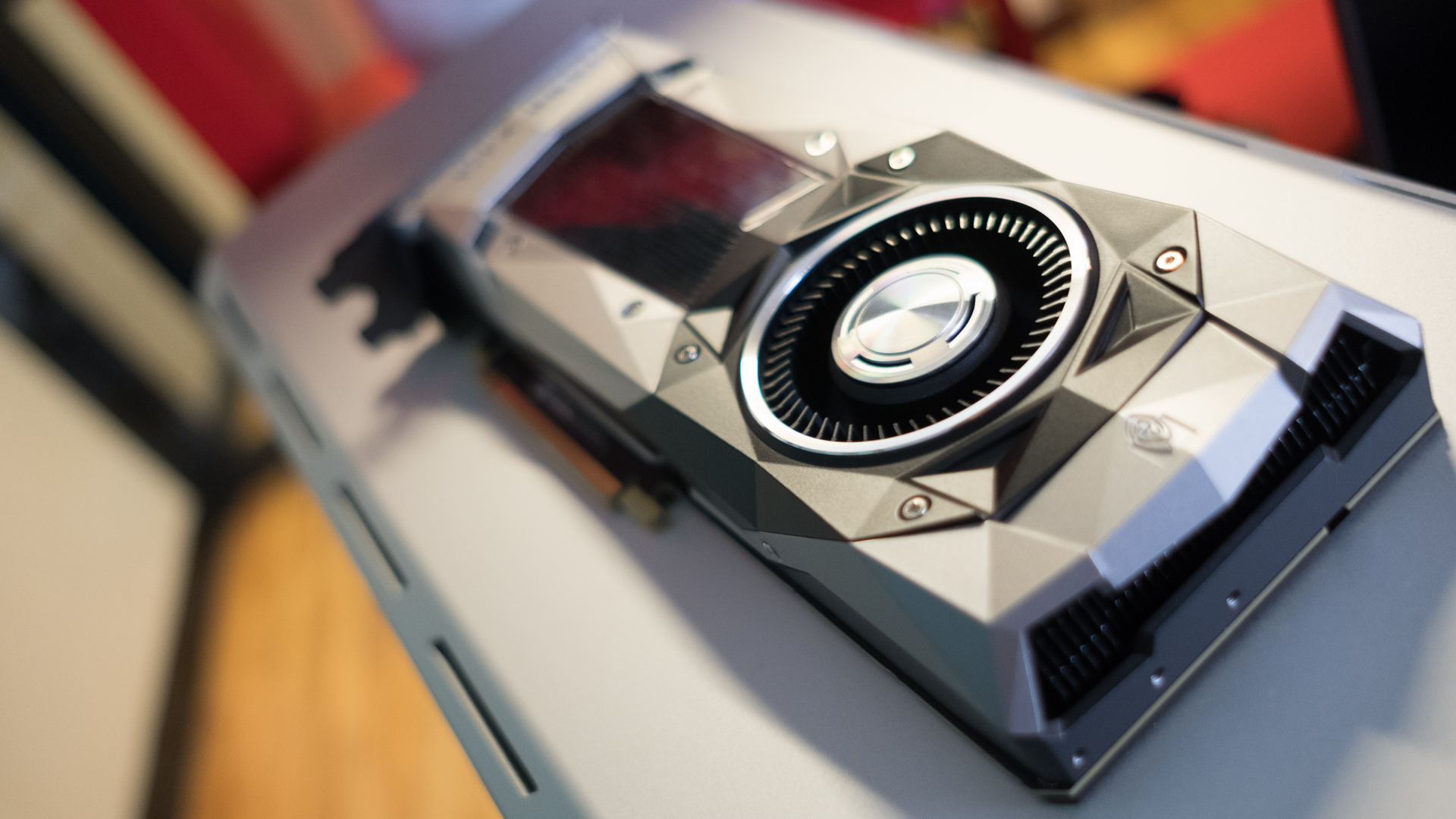Nvidia faces allegations of anti-consumer practices in the graphics card world
Serious accusations levelled at the GeForce Partner Program

A report has been published on a new partner program that Nvidia has cooked up for GeForce graphics cards, alleging that while it might look like a positive move for consumers, the reality behind the scheme is worrying in terms of the company trying to shoulder out the GPU competition.
So, right up-front, let’s make it clear that these are allegations coming from an investigative report written by Kyle Bennett of HardOCP, but the concerns spelled out are certainly worth looking at. You can read the article yourself here.
In a nutshell, Nvidia’s GeForce Partner Program is, according to the company, an “effort to better serve gamers” by partnering with graphics card manufacturers and PC OEMs to collaborate in marketing products over social media and at big events.
And more importantly, it involves combining forces on the engineering front so partner manufacturers get ‘early access’ to Nvidia’s latest GPU innovations.
As Bennett observes, there’s certainly nothing wrong with that, but his story gets murkier when it came to investigating the reality of the scheme by talking to manufacturers.
We should note, at this point, that the investigation kicked off due to AMD getting in touch with Bennett and presenting him with a potential ‘story’, although what the firm gave him didn’t warrant writing about at the time.
He explains that during his investigation, not one of the seven manufacturers he contacted would talk to him on the record about the partner program (and some wouldn’t speak about it at all).
Get daily insight, inspiration and deals in your inbox
Sign up for breaking news, reviews, opinion, top tech deals, and more.
Those that did privately aired concerns that the scheme had terms which were ‘likely illegal’ and might damage the choice of consumers, and disrupt the business that manufacturers are doing with Nvidia’s rivals (AMD, and also Intel which makes processors with integrated graphics).
Bennett explains that the crux of the alleged behind-the-scenes controversy is that in order to be part of the GeForce Partner Program, manufacturers must have their ‘gaming brand aligned exclusively with GeForce’.
In other words, partner vendors would only be able to have GeForce cards in that brand, and not AMD graphics cards (he uses Asus ROG as an example high-end gaming brand, and note that it’s just that – an example plucked out of thin air for illustrative purposes).
Funding funnel?
Bennett further claims that from documents he has seen, those who aren’t part of the GeForce Partner Program lose benefits that don’t just comprise of marketing collaboration and a closer relationship on the engineering side – but also ‘marketing development funds’. Money in the coffers to help shift products, in other words, which is obviously a major boon.
But all that said, in the blog post introducing the scheme, Nvidia lays out clearly: “The program isn’t exclusive. Partners continue to have the ability to sell and promote products from anyone.”
Note that last sentence in particular, of course. Forbes, which spotted this report, contacted Nvidia and received a response pointing back to that exact sentence, with the firm also adding that the scheme was “transparent and beneficial to gamers”.
So, the overall picture of what’s going on remains a muddy one, and we obviously can’t draw any conclusions as things stand. Still, the accusations levelled are clearly serious, and certainly from the consumer’s point of view, it’s good to have a light shone on any potential issues with the scheme – if only so any lingering doubts or worries can be cleared up.
We've reached out to Nvidia for comment on this, and will update the article when we hear back.
- These are the best graphics cards you can buy in 2018
Darren is a freelancer writing news and features for TechRadar (and occasionally T3) across a broad range of computing topics including CPUs, GPUs, various other hardware, VPNs, antivirus and more. He has written about tech for the best part of three decades, and writes books in his spare time (his debut novel - 'I Know What You Did Last Supper' - was published by Hachette UK in 2013).